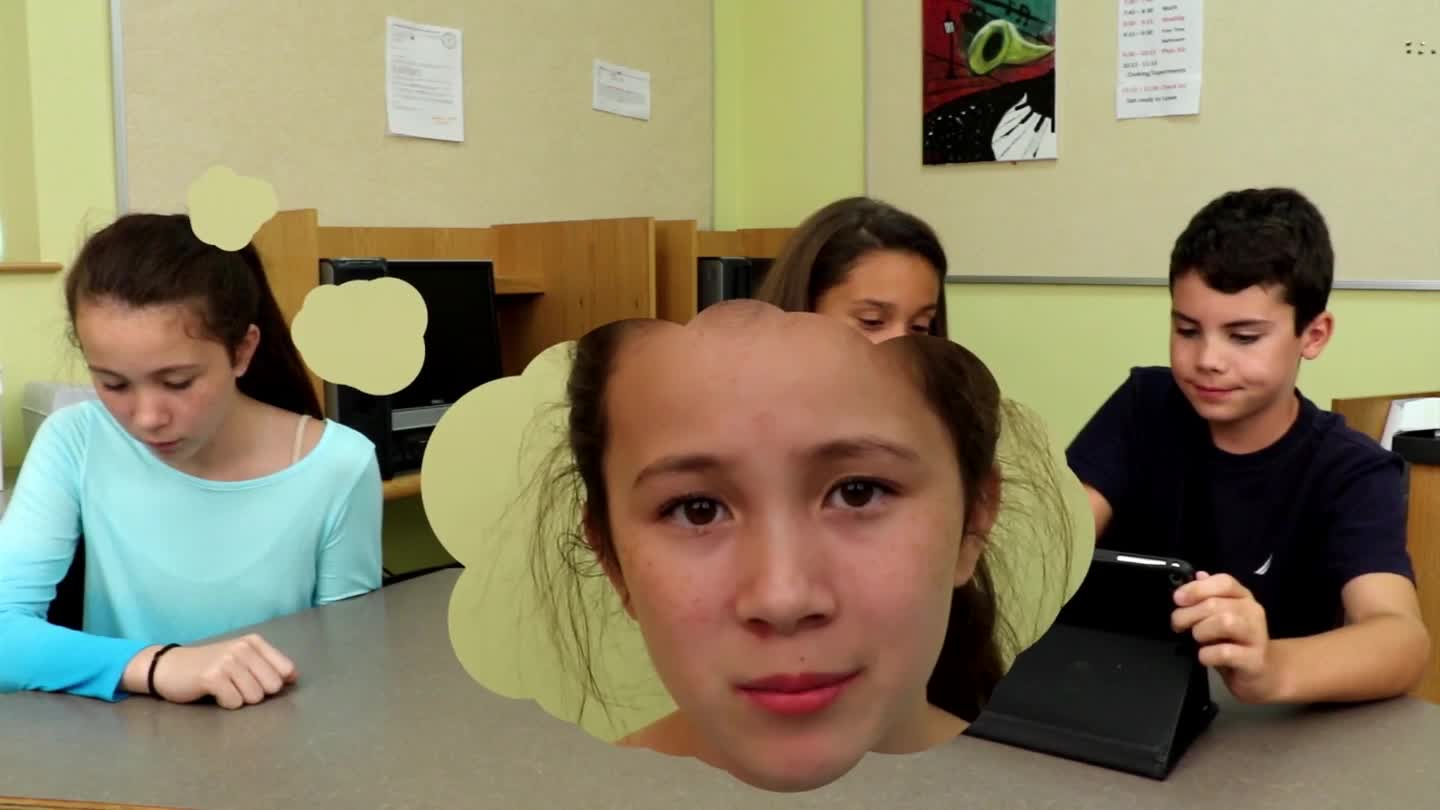
Introduction
One essential skill that Kindergarten students need to develop is the ability to take turns when playing with others. Taking turns ensures that everyone feels included and respected in the group. By emphasizing the importance of considering others’ feelings and the value of fair play, educators can help young children build strong social-emotional foundations. This blog post will explore a no-prep activity to teach the importance of taking turns, provide discussion questions, mention related skills, and offer next steps for educators interested in more resources.
No-Prep Activity: The Circle of Turn-Taking
This simple, no-prep activity is designed to help Kindergarten students understand the concept of taking turns. Here’s how it works:
- Have the students sit in a circle.
- Choose a simple action or movement, such as clapping hands, stomping feet, or making a funny face.
- Start by performing the action yourself, and then ask the student to your left to do the same.
- Continue around the circle, ensuring that each student gets a turn to perform the action.
- Once the action returns to you, choose a different action and repeat the process.
This activity encourages students to patiently wait for their turn, observe the actions of others, and actively participate in a group setting. It also provides an opportunity to discuss the importance of taking turns and its impact on group dynamics.
Discussion Questions
- How did it feel when you had to wait for your turn? How did it feel when it was your turn?
- Why is it important to take turns when we play with others?
- What could happen if someone doesn’t get a turn? How would that make them feel?
- Can you think of a time when you didn’t get a turn? How did it make you feel?
- What can we do to make sure everyone gets a turn when we play together?
Related Skills
Teaching the importance of taking turns also helps students develop other essential social-emotional skills, such as:
- Empathy: Understanding and sharing the feelings of others.
- Active Listening: Paying attention to and engaging with others’ communication.
- Cooperation: Working together with others towards a shared goal.
- Patience: Waiting calmly without becoming upset or frustrated.
Next Steps
If you’re interested in exploring more activities and resources to teach the importance of taking turns and other social-emotional skills, sign up for free sample materials at Everyday Speech. By incorporating these lessons into your teaching, you can help Kindergarten students build strong foundations for successful social interactions and emotional well-being.

